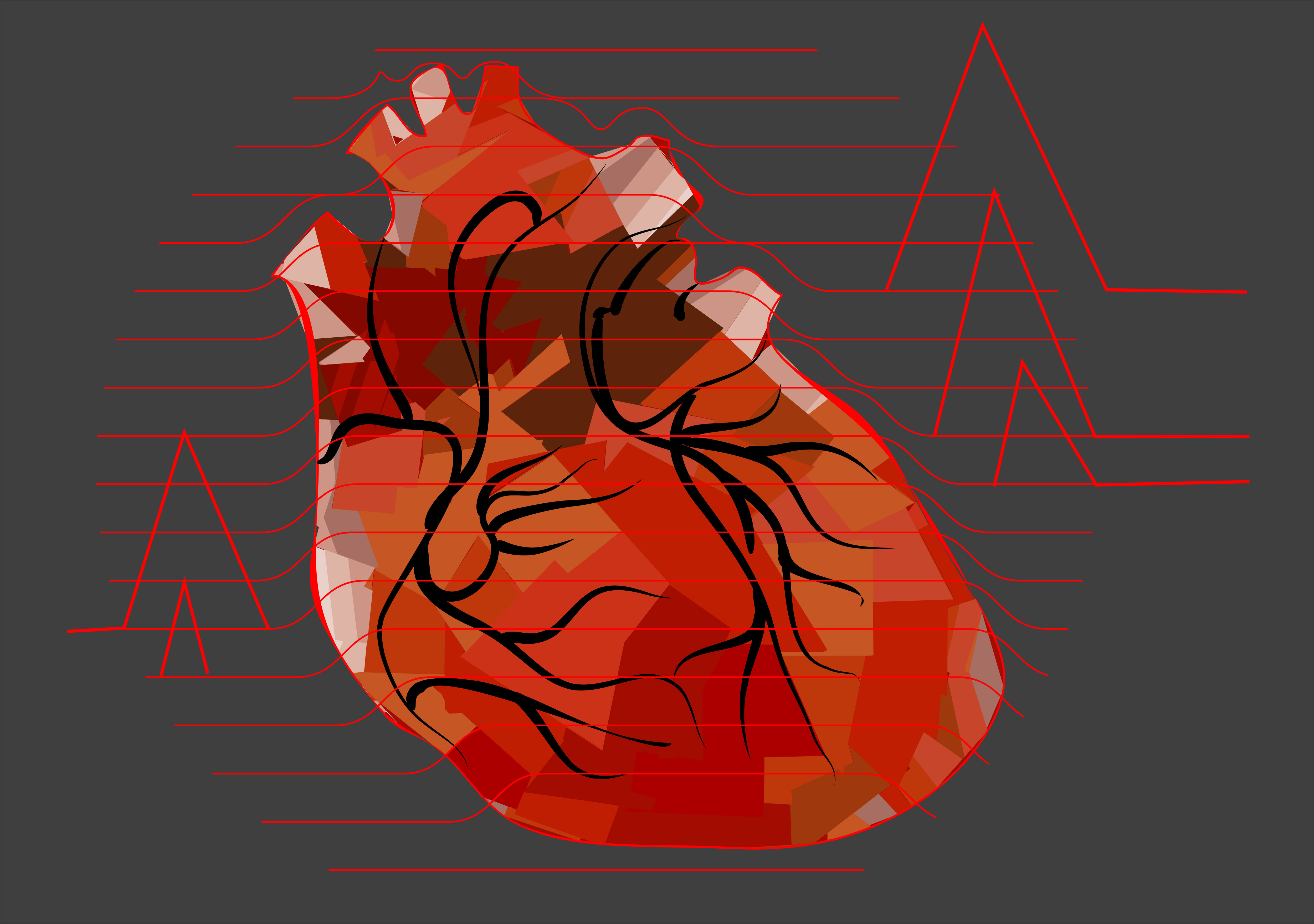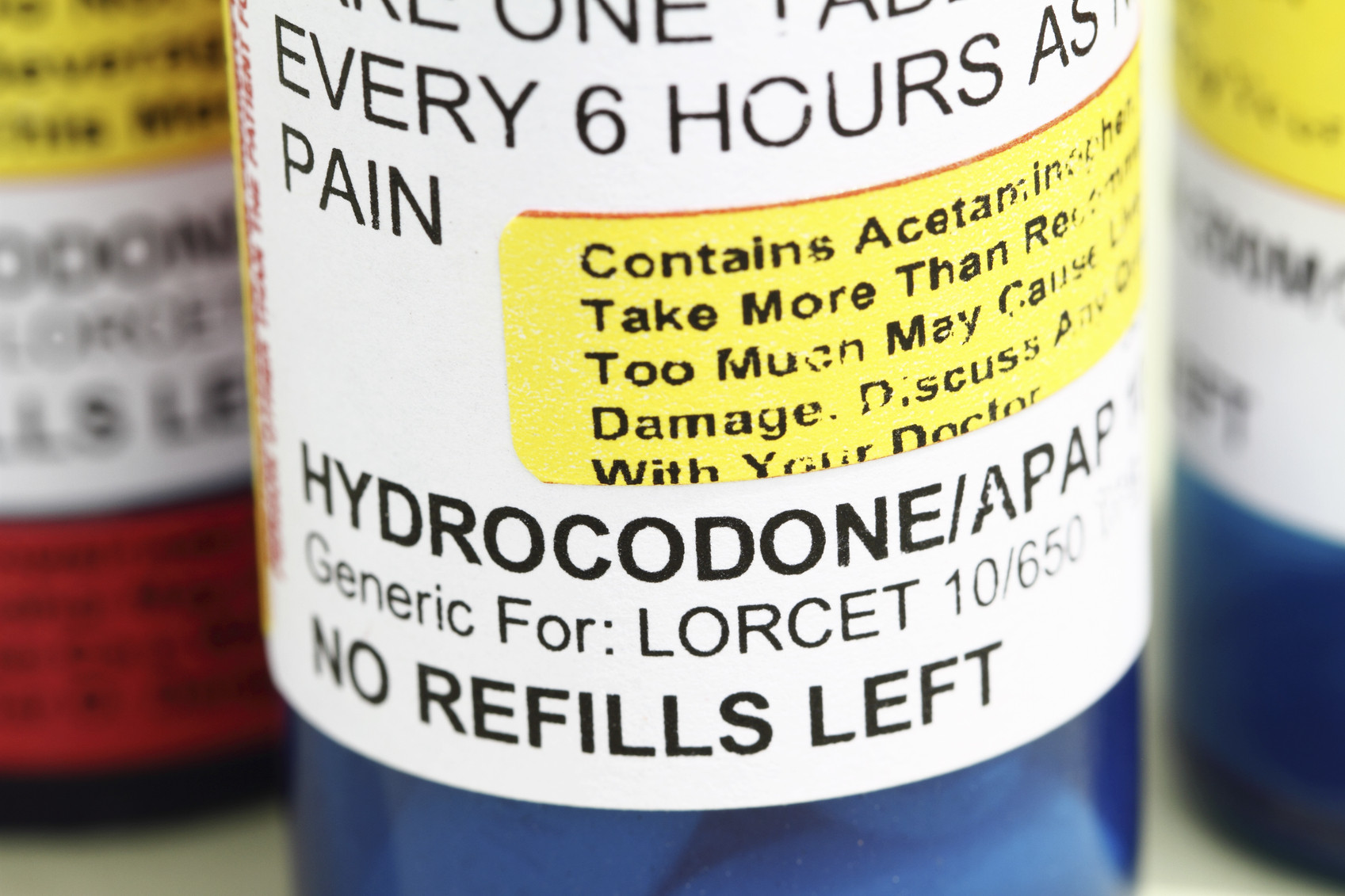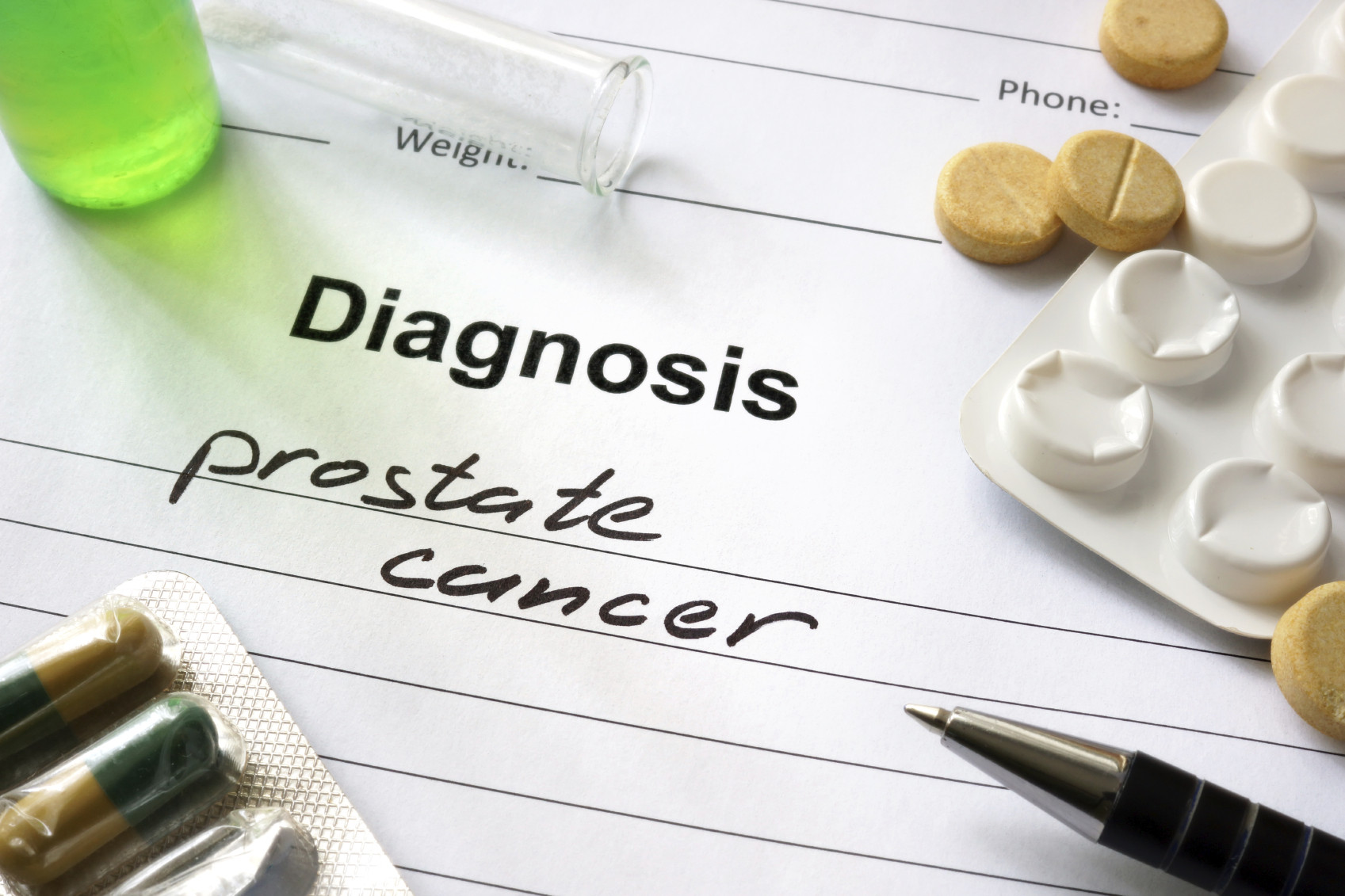
Trying to lose weight? Be careful not to lose muscle

Is your skin problem actually an autoimmune condition?

People with diabetes face higher risk of hearing loss

Antibiotic-free fixes for recurrent UTIs

Musculoskeletal syndrome of menopause: When menopause makes you ache all over

When can older women stop getting mammograms?

To lose weight, especially harmful belly fat, combine diet and exercise

Can men hold off on treating recurring prostate cancer?

The 7 types of rest and why we need them all

What are the early warning signs of cervical cancer?
Harvard Health Blog
Read posts from experts at Harvard Health Publishing covering a variety of health topics and perspectives on medical news.
Articles
When “life” gets in the way of good health
As it turns out, the things your doctor spends so much time focusing on at your yearly check-up account for just 10% of your health needs. Over half of the total “picture” of your health comes from social, environmental, and behavioral factors. This means that people who have unmet environmental needs — such as being unable to afford healthy food — suffer real consequences to their physical health. We’ve described one initiative that aims to change that.
Silent heart attacks: Much more common than we thought in both men and women
We typically think of heart attacks as sudden, chest-clutching agony. But the reality is that nearly half of all heart attacks have no symptoms at all and go completely unnoticed by the people experiencing them — and, alarmingly, these “clinically silent” heart attacks are nearly identical to more overt heart attacks in terms of the damage they cause and the risk to a person’s future health.
Lung disease in smokers who don’t have COPD
You probably know that smoking has enormous consequences for your health. One of the most common is chronic obstructive pulmonary disease (COPD), a disorder involving damage to the lungs. If you smoke, but you don’t have COPD, you may be tempted to think your lungs are relatively unharmed — but a recent study suggests that some smokers without COPD might still suffer lung damage.
The opioid crisis and physician burnout: A tale of two epidemics
Like many of us these days, doctors are feeling the pressure of being asked to do more work in less time. This burnout is a big problem for both doctors and their patients, and it has big consequences — some obvious, some less so. In this post, Dr. Adelman explores the relationship between physician burnout and another big problem facing the country — the opioid epidemic.
What to do when blood test results are not quite “normal”
If you’ve ever looked through your bloodwork results, you may have noticed that some of your results are barely within the normal range—or even just outside it. Many of these results simply reflect the fact that what’s perfectly normal for you doesn’t always fit within the laboratory’s “normal” range. It’s the trends in your results over time, not any one number, that tell the most accurate story about your health.
Opioid crisis: The difference between sympathy and empathy
When a patient calls a new doctor begging for a refill on their pain medication, what should the doctor do? Denying medication to someone in significant pain seems unethical — but denying it to someone who’s suspected to be reselling it is a whole different story. Doctors now have systems in place to help them make the right call. But even these systems can’t replace the most critical piece of the puzzle — empathy.
New study says that it’s okay to let babies cry at night
Just about every new parent has wrestled with the idea of whether to comfort a baby who cries during the night or whether to let him or her “cry it out.” A recent study adds more evidence to what researchers (and our own parents and grandparents) have long known: It’s okay to let your baby cry it out. It won’t harm them — and you’ll get a much better night’s sleep, too!
The risks of active surveillance for men with intermediate-risk prostate cancers
Many men with prostate cancer benefit from active surveillance, in which treatment doesn’t begin unless the cancer spreads. There has been some debate about whether this strategy is safe for men with intermediate-risk prostate cancer. A new study suggests that this type of cancer is more likely to spread than previously thought — but active surveillance can still be a good option for many intermediate-risk men.
The big benefits of plain water
Many Americans opt to quench their thirst with drink sodas, juices, and sports drinks instead plain water. Now, a recently published study has confirmed what researchers have been saying for a while: upping your water consumption can help you avoid excess calories and control your weight. So, next time you’re thirsty, try water instead — it’s free, refreshing, and good for you!
The truth about tequila and your bones
You may have seen the recent headlines proclaiming that tequila is good for bone health. While that sounds appealing to many, the truth is that there are many caveats to the study behind those headlines. This latest story is just one example of news articles that proclaim our favorite foods, like coffee and chocolate, are actually good for us. As with all these stories, it’s important to look deeper than the flashy headline.
What men can gain from therapy
Men are often reluctant to seek therapy. After all, it involves asking for help and talking candidly about one’s emotions, two things that many men are eager to avoid. But men should know that there’s no need to “tough out” whatever they’re going through. There are plenty of professionals out there who are ready and willing to lend an ear.
Sugar: Its many disguises
Excess sugar in the diet can cause a whole host of health problems, both physical and mental. If you’re concerned about cutting down on sugar, you might think you’re covered if you skip the soda and pastries. But there are plenty of hidden and added sugars lurking in all kinds of foods — even those traditionally considered “healthy.” Here, we’ve given you some tips on what to watch out for.
Why pregnant women should avoid artificially sweetened beverages
Many pregnant women turn to zero-calorie artificially sweetened beverages to help avoid weight gain. However, these beverages may actually cause weight gain—and even alter your digestion and sense of taste. Recent research suggests that pregnant women who drink diet beverages to avoid weight gain may end up with heavier babies. So, if you’re pregnant, you may want to rethink that zero-calorie soda. After all, the old adage about “eating for two” is a reminder to eat and drink in ways that keep both you and your baby healthy.
Exercise: It does so much more than burn calories
You’ve probably heard that if you want to lose weight, it’s as simple as “eat less, exercise more.” A recent study suggests that a lot of exercise doesn’t always translate into a lot of extra calories burned. But even if you never lose a single pound with exercise, it has so many other benefits for your body and mind that it’s always worth it to be active. Give it a try today!

Trying to lose weight? Be careful not to lose muscle

Is your skin problem actually an autoimmune condition?

People with diabetes face higher risk of hearing loss

Antibiotic-free fixes for recurrent UTIs

Musculoskeletal syndrome of menopause: When menopause makes you ache all over

When can older women stop getting mammograms?

To lose weight, especially harmful belly fat, combine diet and exercise

Can men hold off on treating recurring prostate cancer?

The 7 types of rest and why we need them all

What are the early warning signs of cervical cancer?
Free Healthbeat Signup
Get the latest in health news delivered to your inbox!
Sign Up

























